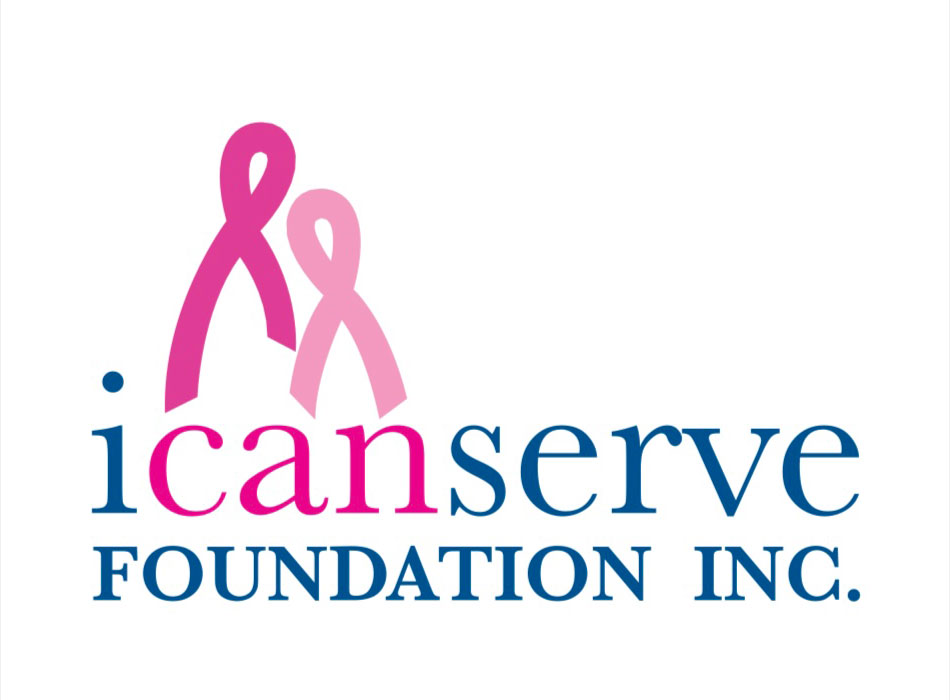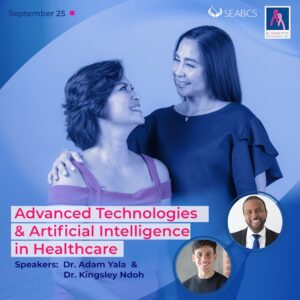Early breast cancer detection goes high tech with artificial intelligence (AI) now being used to predict breast cancer risk under a study called the Mirai Project.
Learn about this mammography-based model for predicting breast cancer risk at the 6th Southeast Asia Breast Cancer Symposium to be held online from September 23-25, 2022.
Adam Yala from the Massachusetts Institute of Technology (MIT) speaks on the first day of SEABCS about the Mirai Project. Yala is the lead author of the paper on Mirai, published in 2021. The work was supported by grants from Susan G Komen, Breast Cancer Research Foundation, Quanta Computing, and the MIT Jameel Clinic. It was also supported by Chang Gung Medical Foundation Grant, and by Stockholm Läns Landsting HMT Grant.
“To catch cancer earlier, we need to understand who will likely develop cancer in the near future (i.e. cancer risk). By tailoring the screening to the patient’s individual risk, we can improve early detection, reduce overtreatment, and eliminate health disparities. Given the massive scale of breast cancer screening, with tens of millions of women getting mammograms every year, improvements to our guidelines are immensely important. This is why we built Mirai, a new AI tool that predicts cancer risk from screening mammograms. This tool, which learns subtle clues in the mammogram, is not only much more accurate than current clinical tools, but we showed it works robustly across diverse populations across seven hospitals from five countries, suggesting we can leverage it for a broad and equitable improvement in screening,” says Yala.
Mirai was initially trained on a dataset of over 200,000 exams from Massachusetts General Hospital (MGH), and the team validated it on test sets from MGH, the Karolinska Institute in Sweden, and Chang Gung Memorial Hospital in Taiwan. Mirai was significantly more accurate than prior methods in predicting cancer risk and identifying high-risk groups across all three datasets. Mirai was similarly accurate across patients of different races, age groups, and breast density categories in the MGH test set, and across different cancer subtypes in the Karolinska test set. As a risk model, Mirai predicts a patient’s breast risk for each year over the next five years.
Yala will speak in the same SEABCS track, “Advanced technologies and Artificial Intelligence in Healthcare”, together with Dr. Kingsley Ndoh, a clinical assistant professor of Global Health at the University of Washington. Ndoh is the co-founder of Hurone AI–a digital health startup that is focused on bridging the gaps of cancer care and improving outcomes through AI-enabled personalized cancer prevention and early diagnosis, patient management and navigation, and tele-oncology in underserved regions starting with Rwanda. Ndoh is a member of the Technical Working Committee of WHO’s Global Breast Cancer Initiative (GBCI).
Philippines-based ICANSERVE Foundation, Inc. and U.S.-based Global Focus on Cancer host this year’s SEABCS previously held in Vietnam (2016), Myanmar (2017), Malaysia (2018), Thailand (2019), and Indonesia (2021- virtual conference). With the support of the American Society of Clinical Oncology or ASCO and the Union for International Cancer Control, the SEABCS is open to all with topics that appeal to various stakeholders—doctors, caregivers, patient advocates, and cancer survivors at any point in their journey.
Join the conversation. Registration is free. Register for the virtual conference at https://seabcsphilippines.ph/

